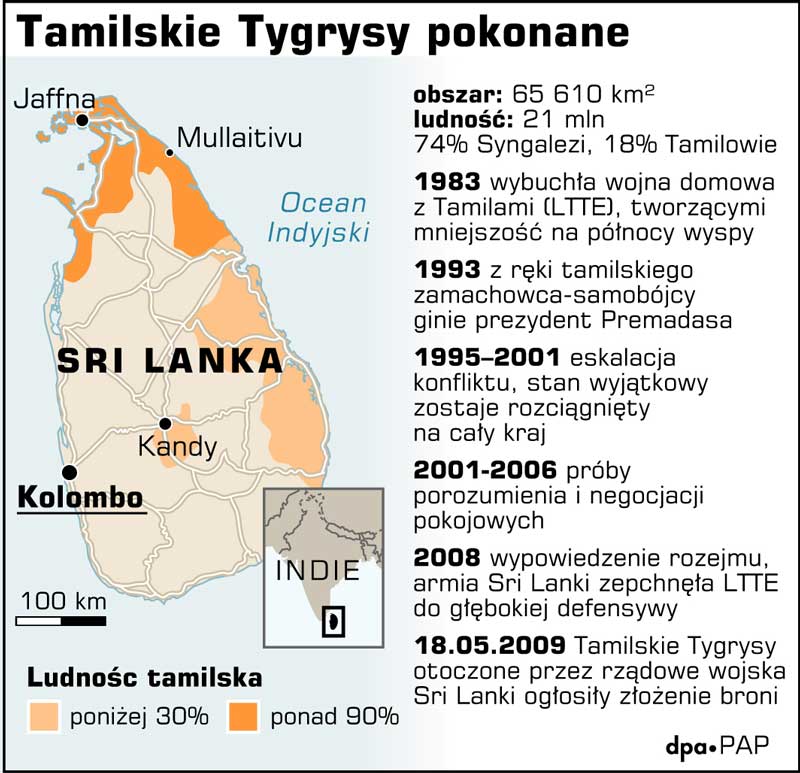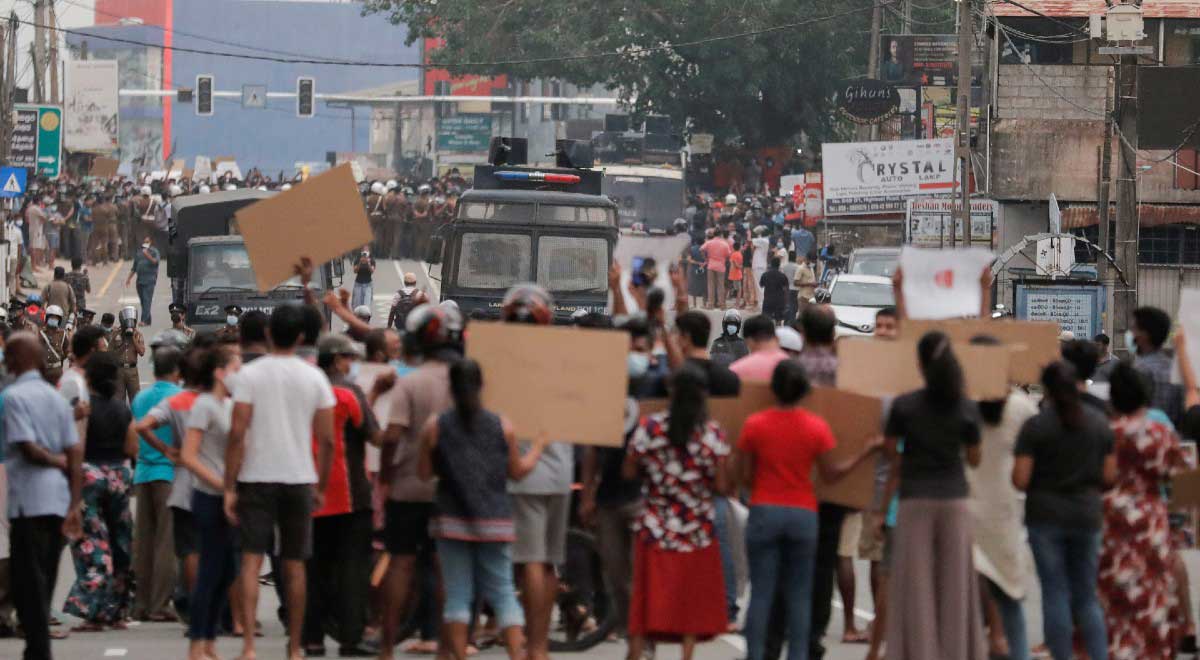All members of the Sri Lankan government, except for the president and prime minister, resigned on Sunday evening. This is the result of the economic crisis and mass protests of citizens and the opposition.
26 ministers – all cabinet members – resigned. Among them are members of the island’s de facto ruling political clan, the Rajapaks: the brothers of the president and prime minister, Chamal and Basil, who served as ministers of agriculture and finance, and the son of the prime minister, Namal, who headed the sports ministry. President Gotabaya Rajapaksa and Prime Minister Mahinda Rajapaksa remain in office.
On Sunday, thousands across the country took to the streets to demand the resignation of the president, whom they blame for the ongoing unprecedented economic crisis, power outages and shortages of essentials.
Protests in Colombo
The largest demonstrations took place in the capital Colombo and in the central part of the country Kandy. “Gota do home”, “We have enough of everything”, “The country belongs to everyone, not just one family” – read the slogans on banners during evening performances in the capital of Sri Lanka.
President Gotabaya Rajapaksa declared a nationwide state of emergency and a 36-hour curfew on Friday after demonstrators marched outside his private residence the night before. There were clashes with the police, during which several cars were burned. Police said they arrested more than 660 people in the first twelve hours of the curfew. On Saturday evening, authorities temporarily blocked access to social networks.

Economic problems
This island nation of 22 million, located at the southern tip of India, is battling, among other things, skyrocketing inflation after the government sharply devalued the Sri Lankan rupee last month ahead of talks with the International Monetary Fund over a loan program. For many years, the country’s spending has systematically exceeded income, and the production of trade goods and services has been insufficient to balance the balance of payments. The twin deficits have been severely exposed by the COVID-19 pandemic, which has crippled the mainstay of the economy, the tourism industry.

